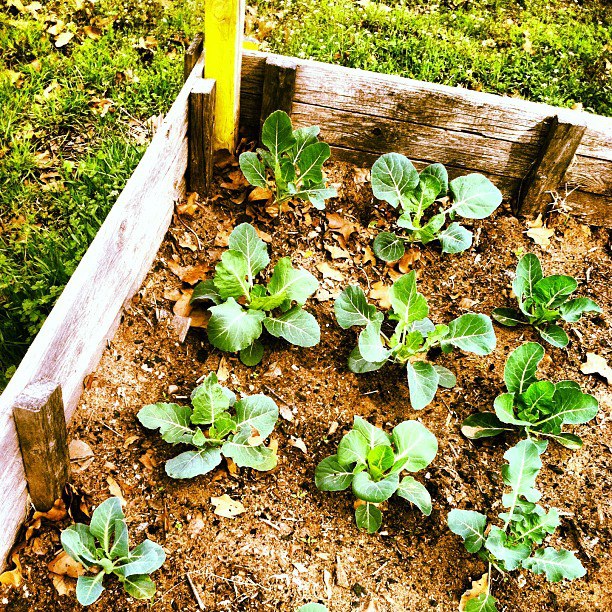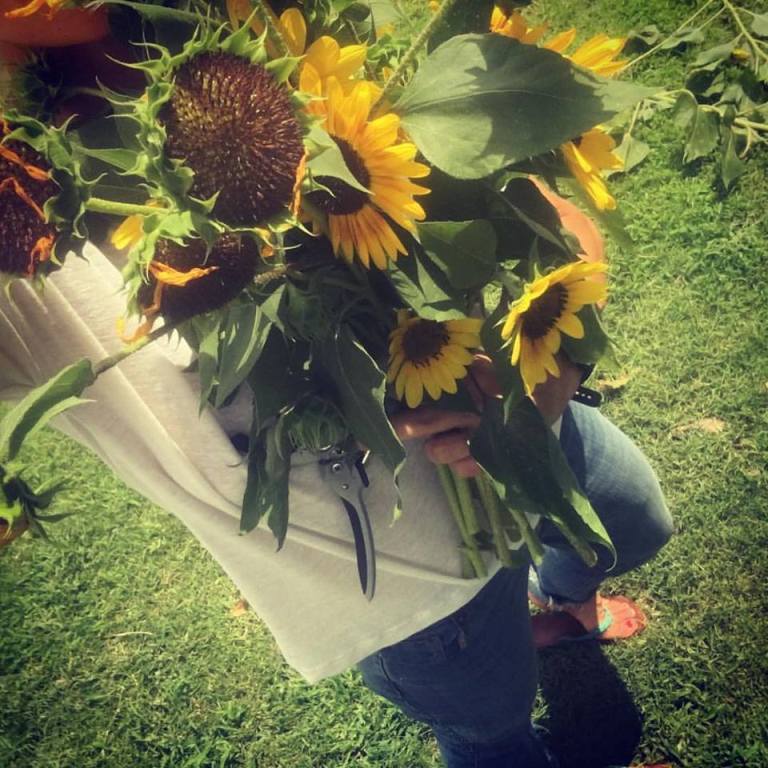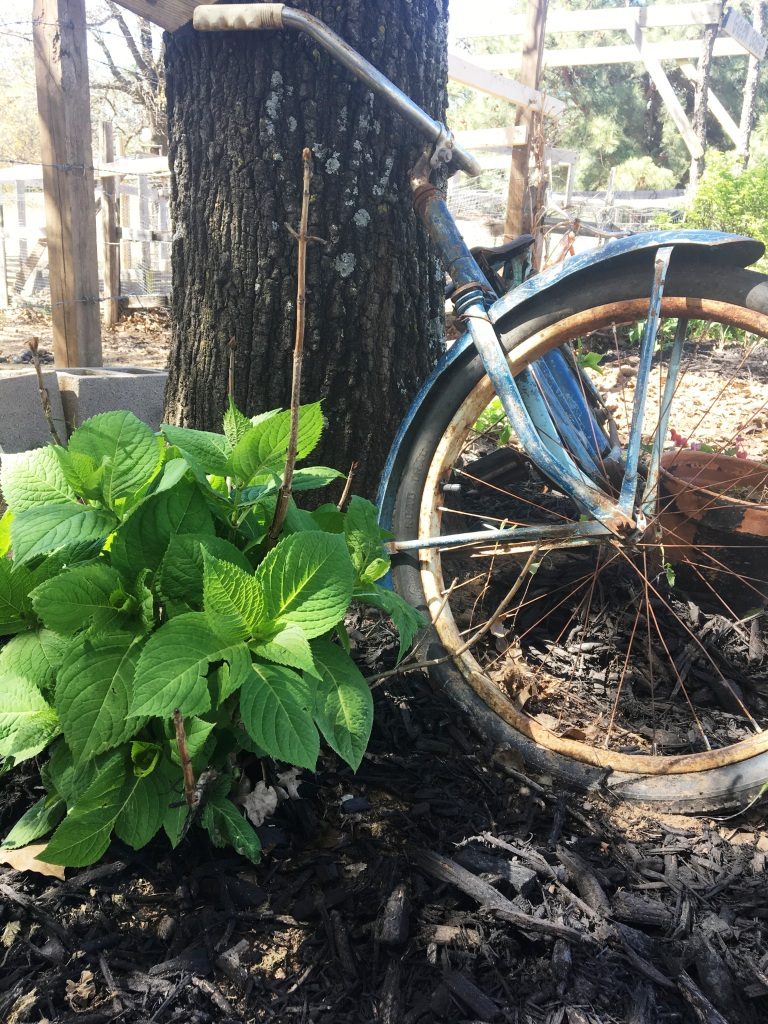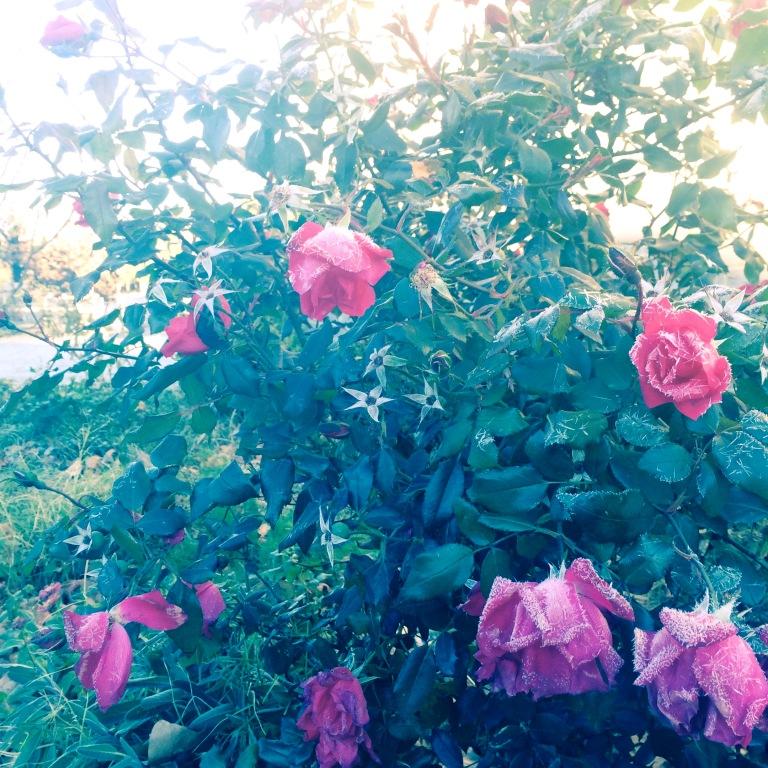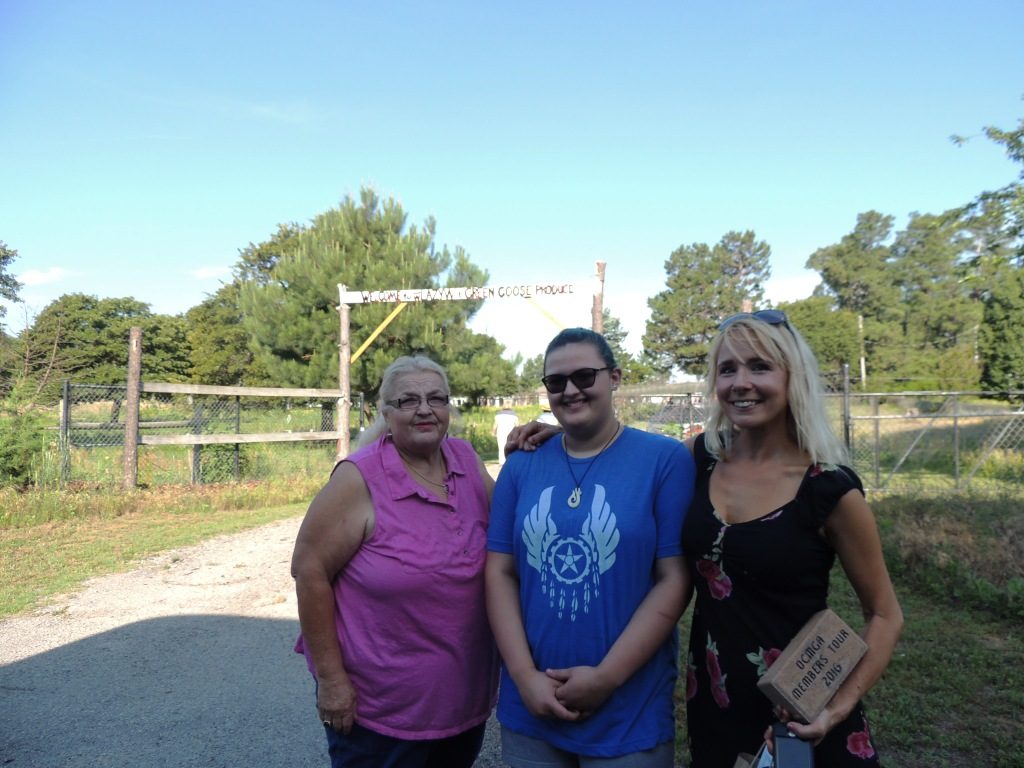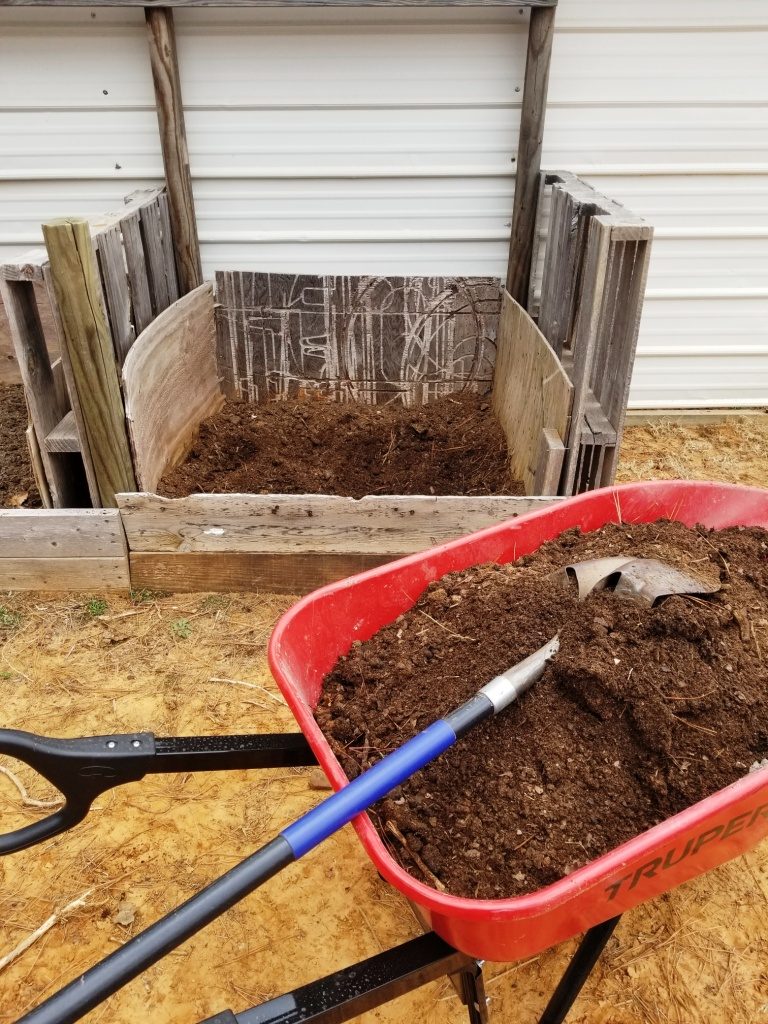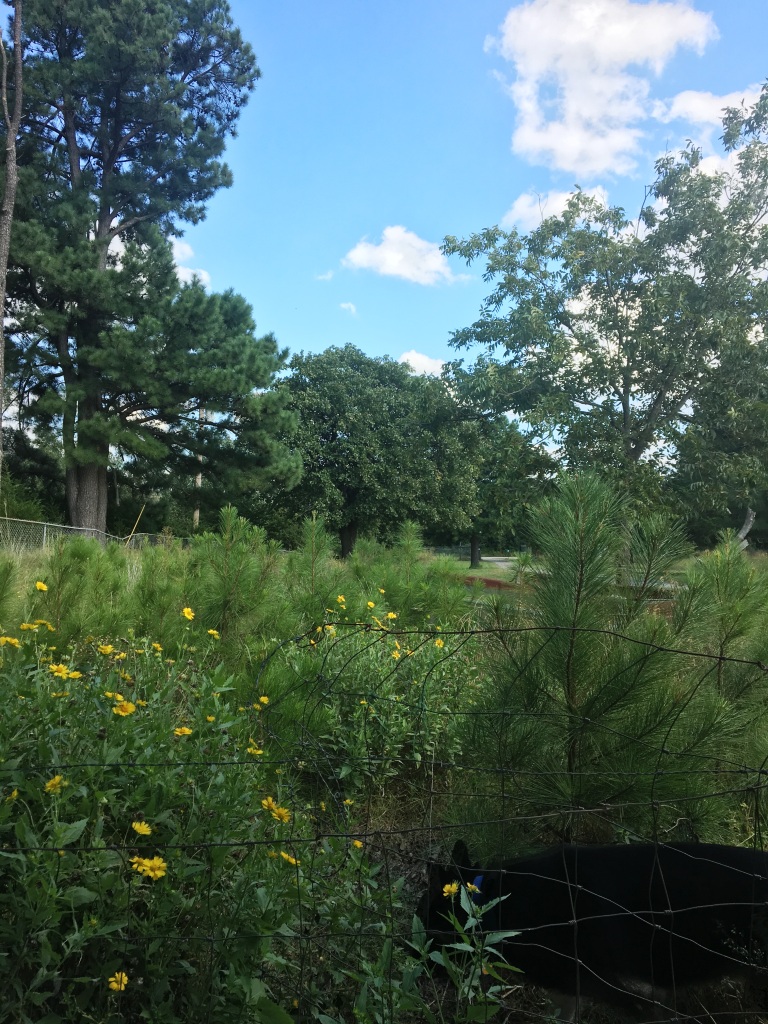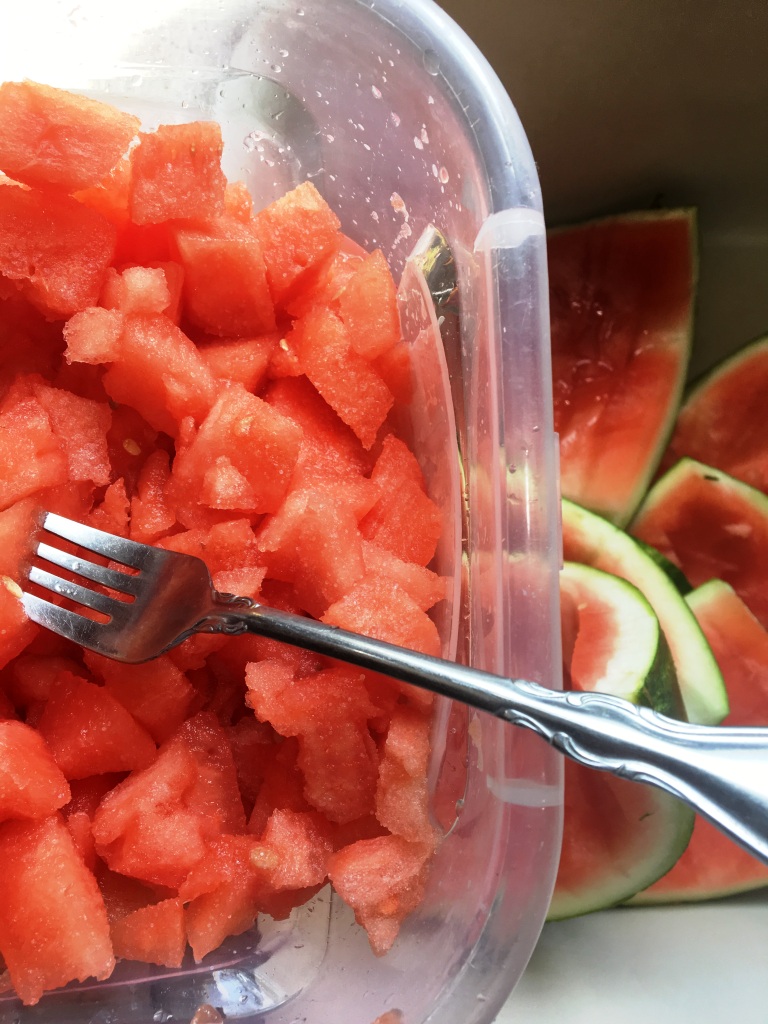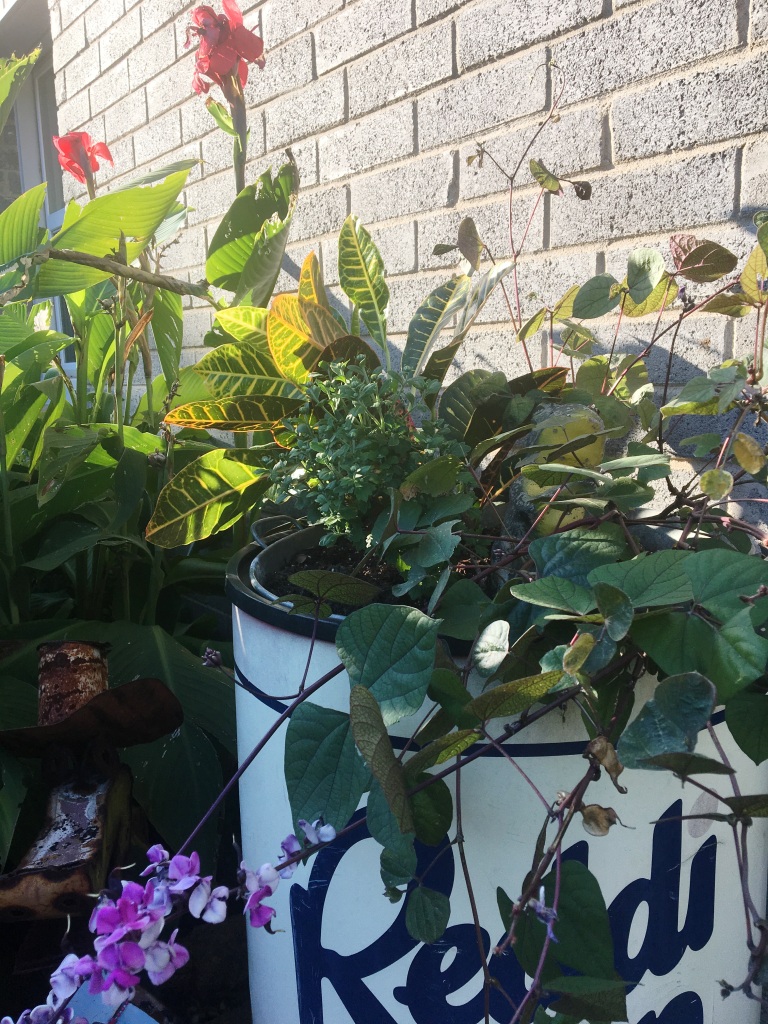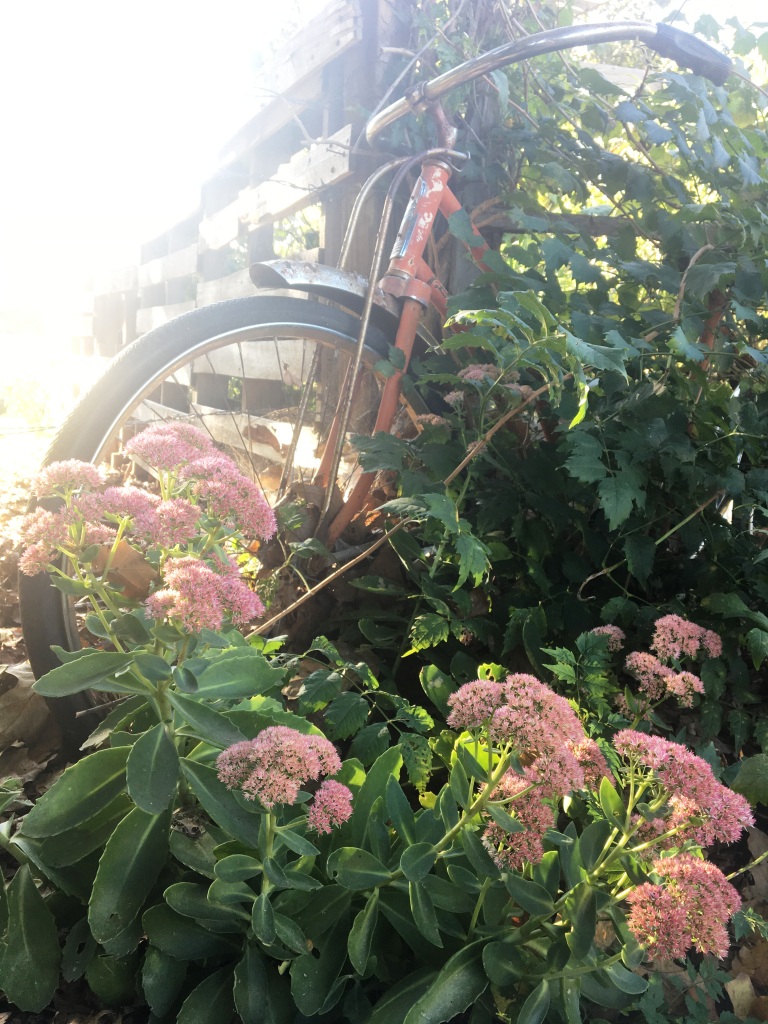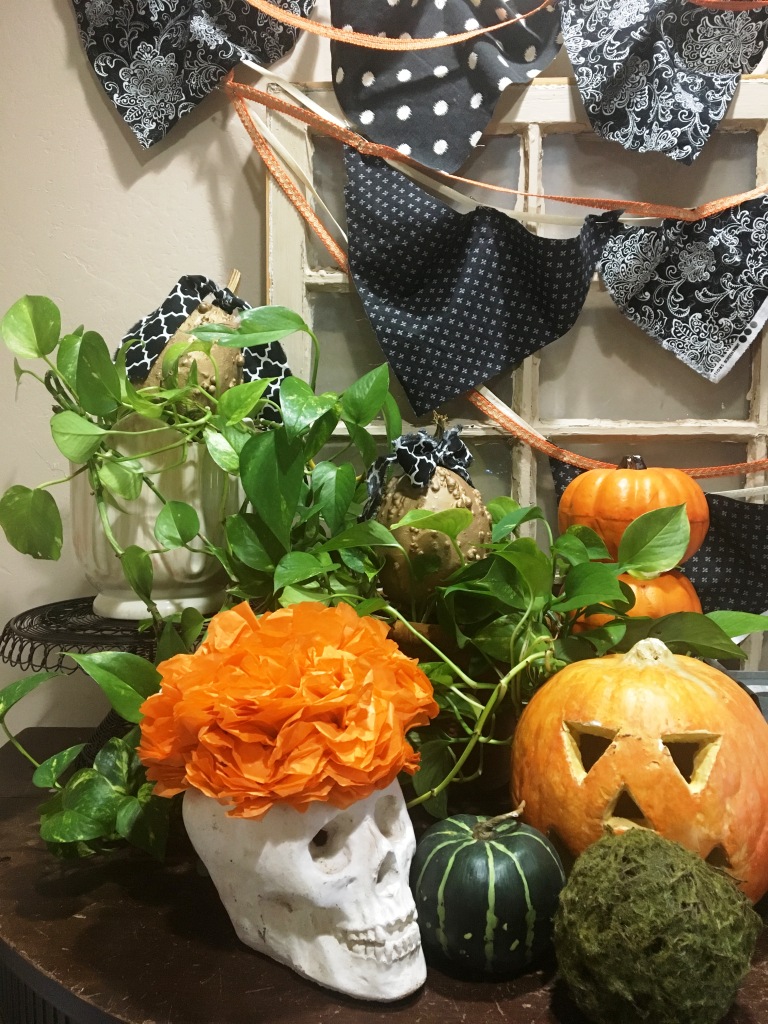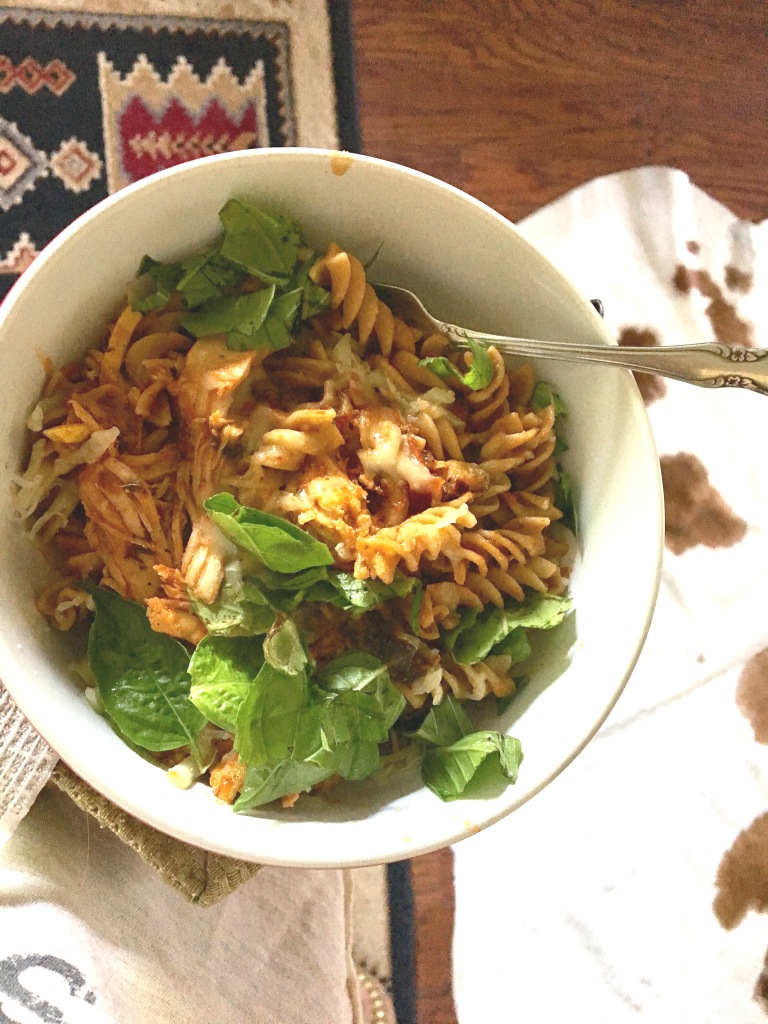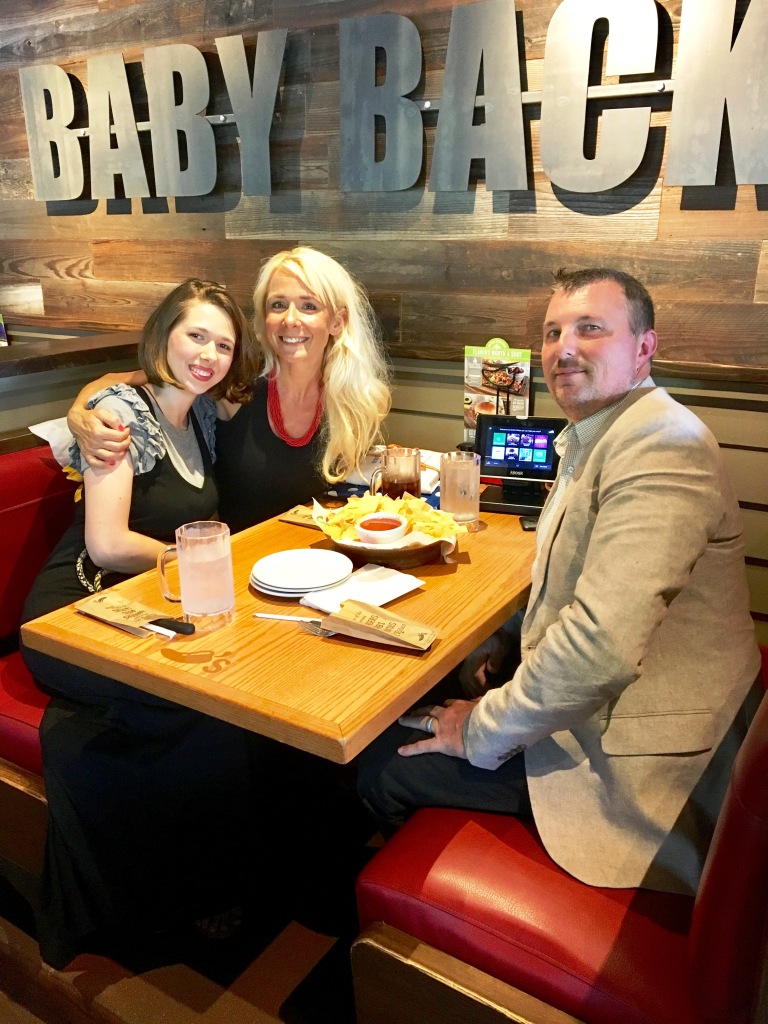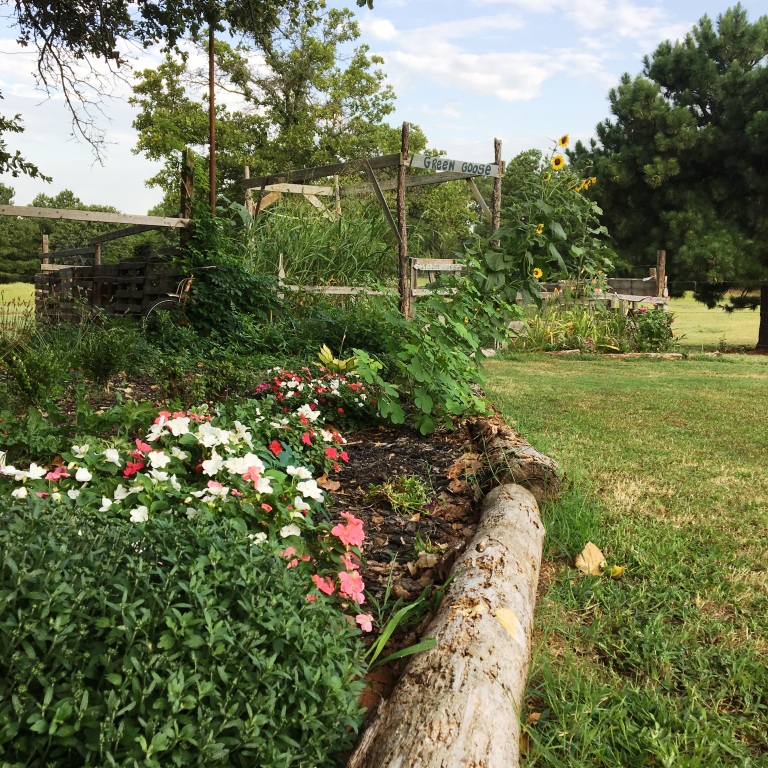Fourth grade Garden Club is always a delight. Every time we gather, the kids inspire belly laughs, and I appreciate gardening from a kids-eye-view all over again. On Facebook lately I have been sharing their zingers here and there, Kids Say the Darndest Things type stuff, but today I want to share something that encouraged me in a whole other sphere.
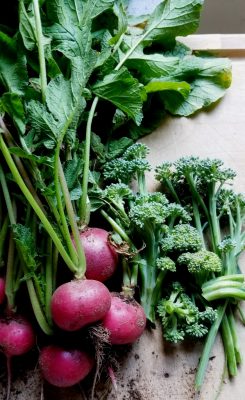
In addition to planting mustard seeds and checking the progress of our sweet peas and onions, the Garden Club lesson this week called for reviewing the basic needs of a plant and how those compare to what humans also need: Shelter (or location and soil), sunlight, fresh air, water, and nutrition.
Our lead volunteer displayed a potted plant that was pretty obviously neglected and canvassed the room for ideas about what might have gone wrong. A smattering of well informed answers rang out: “Not enough water!” “No nutrients!” “Couldn’t breathe!” Then, just as we were switching gears, at least four little voices from around the room suggested, “It’s depressed!” This garnered a mix of giggles and agreement. To be fair, every answer garners a mix of giggles and agreement. The whole group is constantly poised, for example, ready for one particular classmate to say, “My name is Christopher and I like chicken nuggets!” It literally slays every time. Christopher is jockeying for his own Netflix comedy special.
So. The moment passed quickly, as do so many high vibration moments in fourth grade, and I thought little of it until later in the afternoon. Seeds watered and tiny gloves and plastic spades shuffled away until our next meeting, the kids retreated to their regular classrooms. The Master Gardeners were debriefing a little bit. The school counselor happened to join us that day, and she seemed to enjoy hearing what we thought of our experience with her kids, who she clearly knows well and loves very much. I recounted the cuteness of their depression hypothesis for the ailing plant. She smiled, nodded, and gave some insight.
The school counselor has been teaching the entire student body ways to recognize that someone is not feeling their best, even when they don’t say so. They are learning to recognize signs of suffering in each other, simple clues that their friends or family members are not having their needs met. She has been offering them new vocabulary for describing how they feel, for understanding how others may feel, and for finding help from adults when needed. In other words, they are destigmatizing the human experience of not being okay; and they are building some pretty serious emotional literacy in the process. I was floored.
Just imagine the idea that a plant might be depressed. And imagine that meeting its basic physical needs will help it thrive again. Then apply that loving wisdom to human beings. Friends, can we please bookmark this topic for a longer conversation soon?
This curriculum would be amazing in any setting, and how much more thrilling to see the students naturally translate their knowledge over to plant life! Children tend to have an innate sense for wellness or discomfort, way earlier than they can verbalize it. This student body will have such an advantage in life.
I am so encouraged that this fresh new batch of humans is being armed with empathy, insight, and vocabulary to walk through the world more aware of themselves, more able to live kindly with others.
All of this plus, of course, the skills to grow a garden.
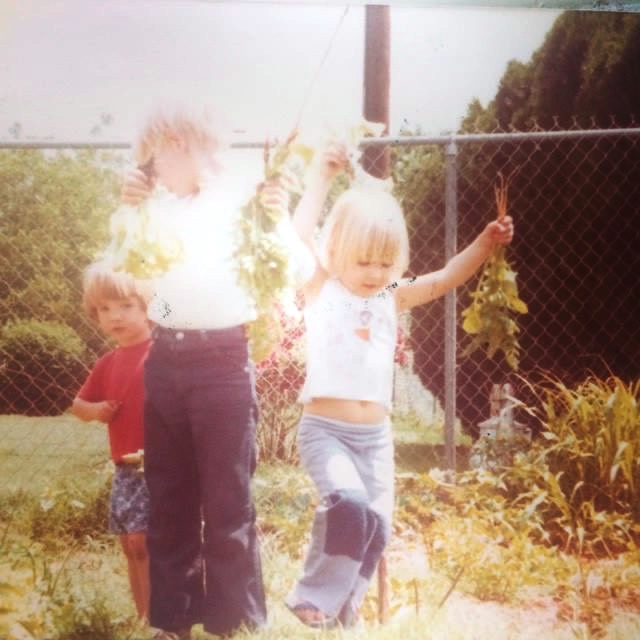
(How young is too young to recommend reading The Well Gardened Mind?)
Thanks for visiting this happy topic with me, friends! If fourth graders can learn to tend their emotional gardens, we can too. Hang in there.
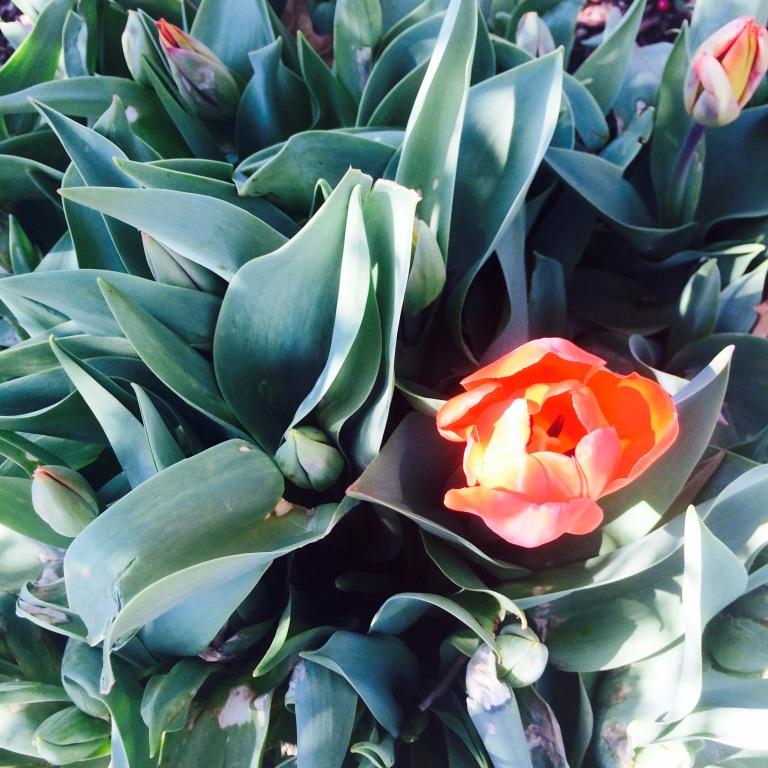
Spring is here.
Every winter has its end.
xoxoxo

